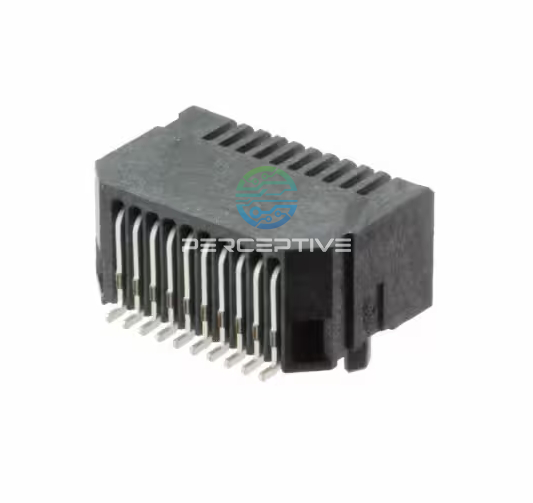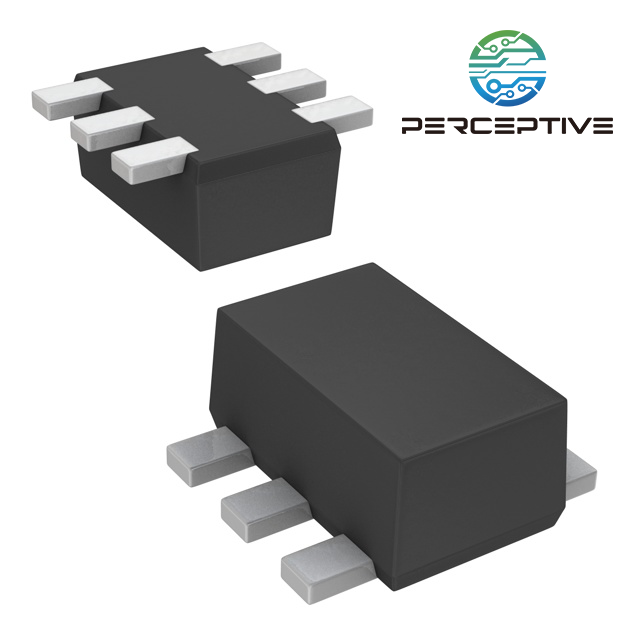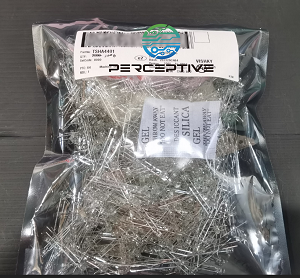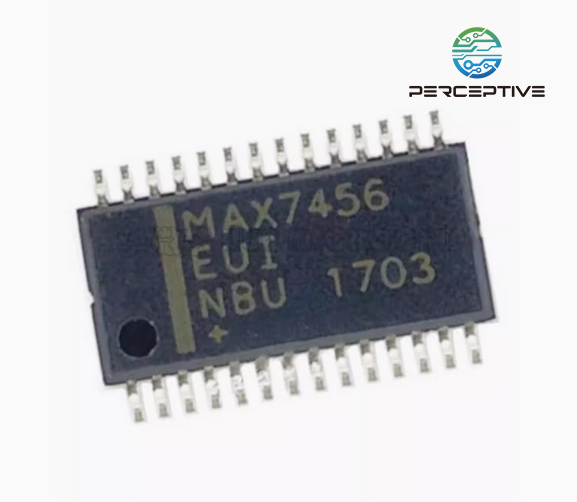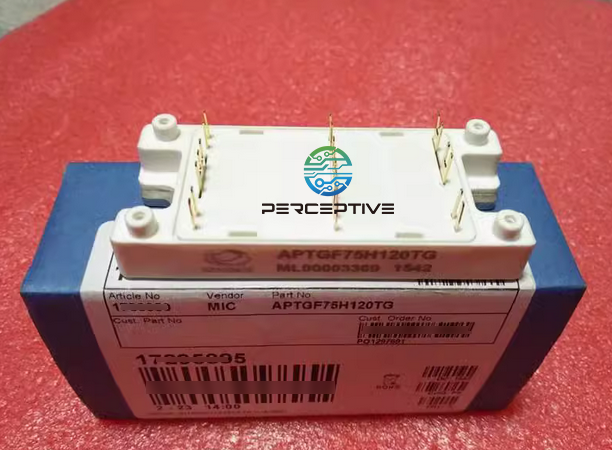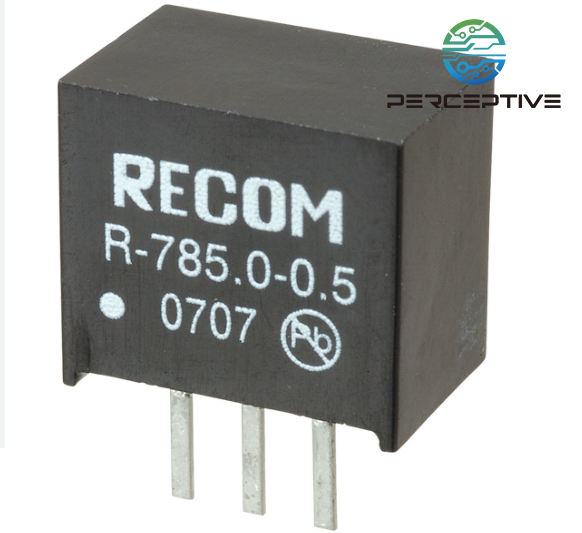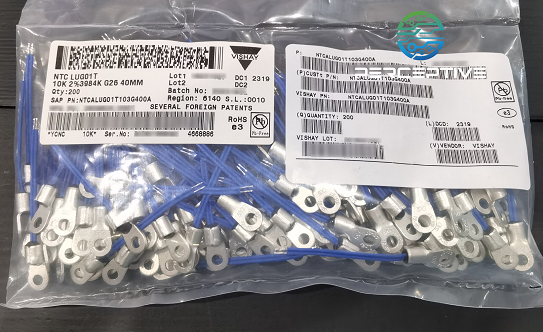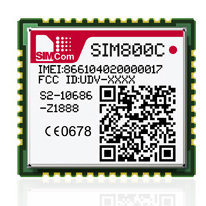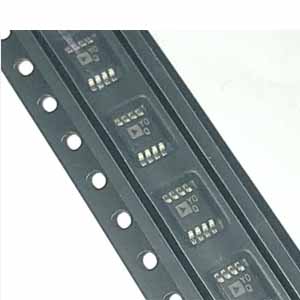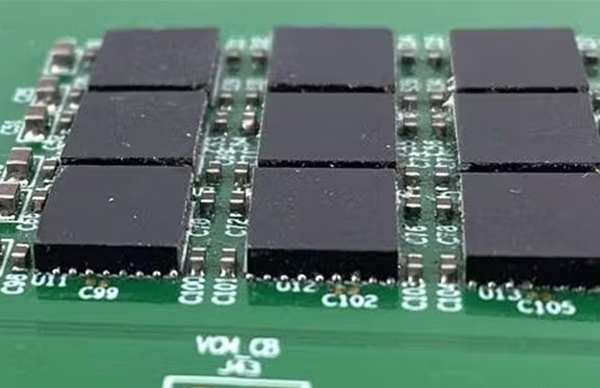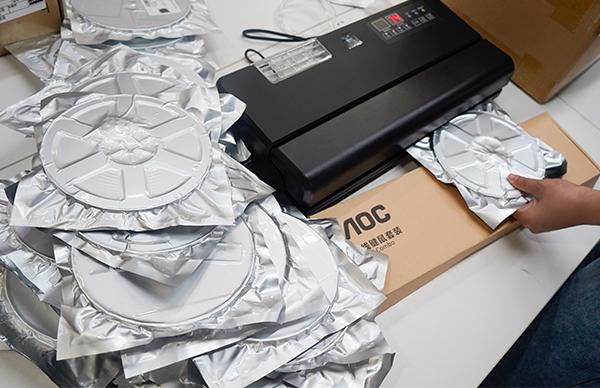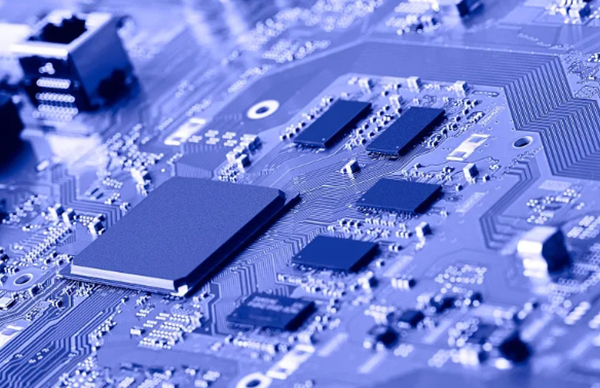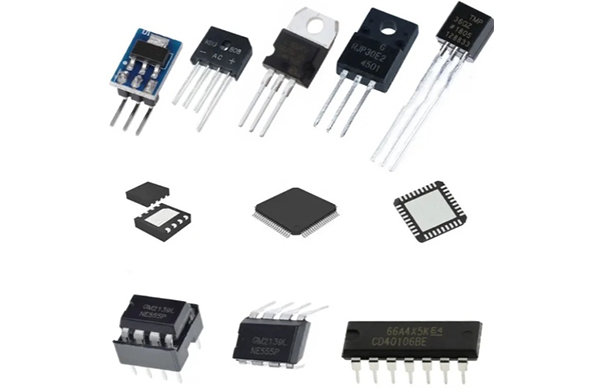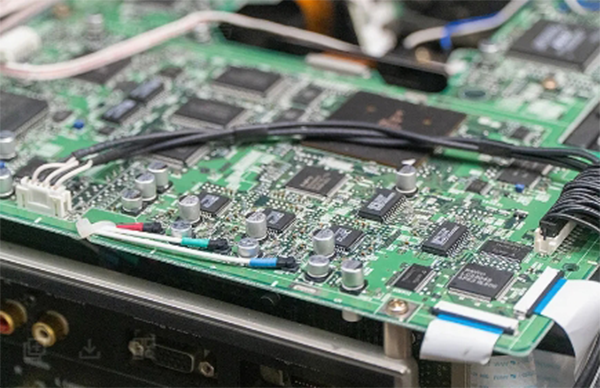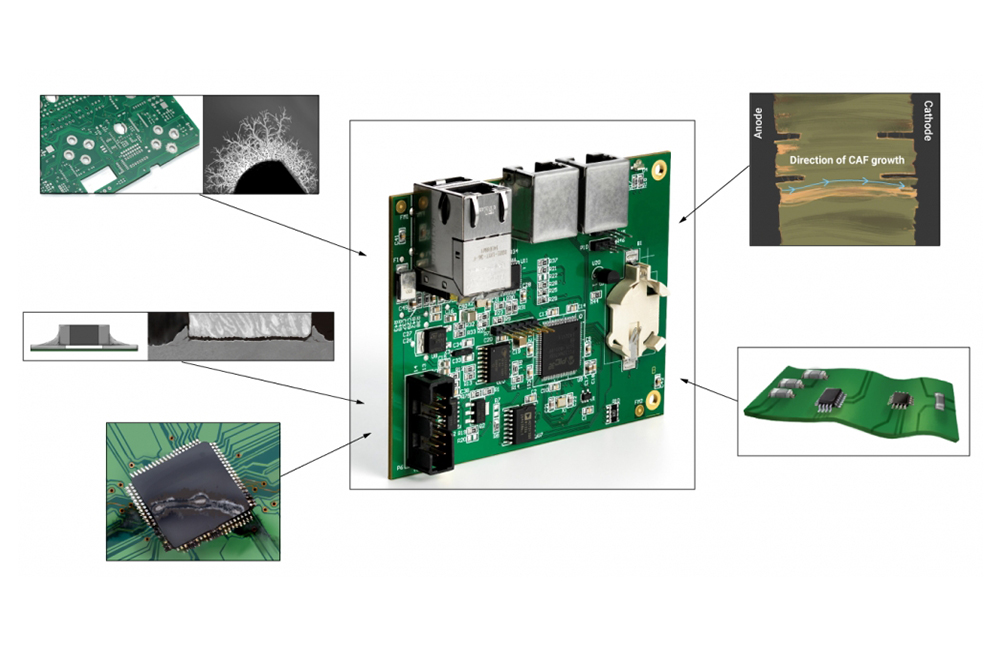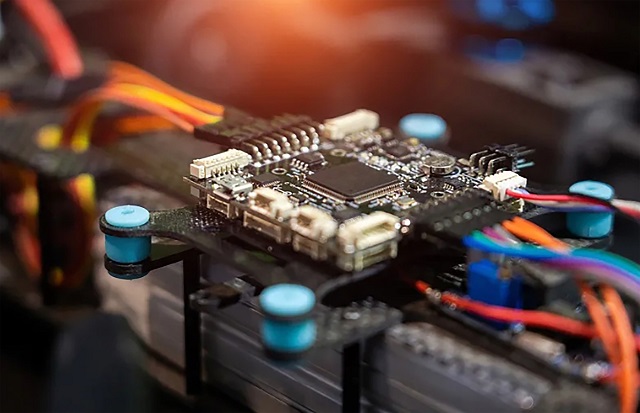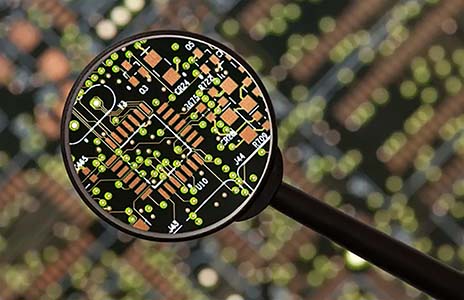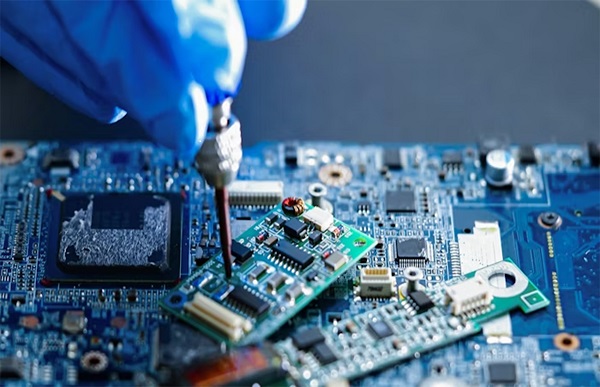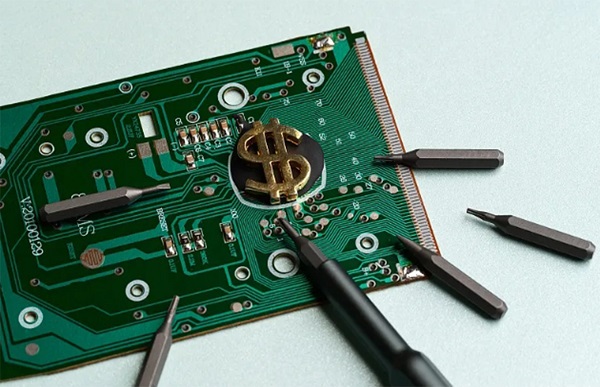Speaking of the weaknesses of the iPhone, weak signal is definitely a topic that cannot be avoided.
I believe that many iPhone users have experienced "disconnection" in the elevator, but the short video of the Android user next to it is smooth.
Apple must be aware of the comments about the weak signal of the iPhone, so it is also actively making changes in this regard.
Judging from the recently launched iPhone 14 series, both the signal and the 5G network speed have improved a lot.

Recently, SpeedSmart, an iOS network speed test tool, conducted a comparative test of the network speeds of the iPhone 13 Pro and iPhone 14 Pro under different carrier networks.
The test results show that under the same scene, the iPhone 14 Pro has a significant improvement in both upload and download speeds, and the average 5G network speed is about 38% higher than that of the iPhone 13 Pro.

The specific data are as follows:
T-Mobile
The iPhone 14 Pro downloaded 255.91 Mbps and uploaded 28.25 Mbps.
The iPhone 13 Pro downloaded 173.81 Mbps and uploaded 22.51 Mbps.
Verizon
The iPhone 14 Pro downloaded 175.56 Mbps and uploaded 27.28 Mbps.
The iPhone 13 Pro downloaded 126.33 Mbps and uploaded 21.64 Mbps.

At the same time, SpeedSmart also tested network latency data during gaming and streaming.
The results also show that the average latency of the iPhone 14 Pro is 52.88ms and 37.09ms, which is much lower than the 62.2ms and 52.24ms of the iPhone 13 Pro.
The reason why the iPhone 14 Pro can have such a significant improvement is mainly because Apple has equipped it with the latest Qualcomm Snapdragon X65 baseband chip.

The Snapdragon X65 baseband is a 5G baseband that currently supports 10Gbps in the world, which is the so-called 10 Gigabit network speed.
Compared with the 7.5Gbps of the previous X60, the X65 is not only faster, but also consumes less power.
Last May, Qualcomm updated the X65 baseband chip to support the wider millimeter-wave spectrum.
Therefore, although the above measured data are collected by US operators T-Mobile and Verizon, with the blessing of Qualcomm Snapdragon X65, the 5G network speed of the Chinese version of the iPhone will also be improved to a certain extent.
At the same time, according to the dismantling analysis of the iPhone 14 Pro Max by the dismantling agency iFixit, the Qualcomm Snapdragon X65 baseband can also be used to mobilize the Band n53 frequency band used by satellite communications (the Chinese version is not supported).
Apple also said in a statement that the iPhone 14 includes custom frequency band components, and the software is designed by Apple, and the two can use the satellite communication SOS function together.
In addition, some users have recently discovered that all three models of the iPhone 14 series already support the 5G VoNR ultra-high-definition video call function.
According to a discussion among netizens in a well-known forum, Apple has added an independent 5G voice function to all iPhone 14 models.
Users can enter the cellular data options, find the voice and data interface, and turn on the "Independent 5G Voice" function switch.
After the independent 5G voice is turned on, the call will not be automatically switched to the 4G network, and the call will be made at the speed of the 5G independent network.
In this way, VoNR technology can not only shorten the connection time of phone calls, but also maintain a stable and high-speed 5G data connection during the call, and games and videos will not be affected.
These improvements are inseparable from the Qualcomm Snapdragon X65 chip it is equipped with.
At present, with the baseband chips provided by Qualcomm, Apple does not need to worry too much about the communication hardware of the iPhone.
But everyone knows that Apple's ultimate goal is to independently develop baseband chips and get rid of its dependence on Qualcomm.
At present, Apple's core products are basically equipped with self-developed chips. If the baseband chips can also complete self-developed research, the user experience will be further improved.
Of course, for users, it doesn't matter which manufacturer the baseband chip uses, but what kind of communication experience it can bring.
Before Apple's self-developed baseband chips are fully mature, the baseband chips carried by the iPhone in recent years should still be dominated by the Qualcomm Snapdragon series.
What do you think of the iPhone signal? Welcome to leave your opinion in the comment area.

